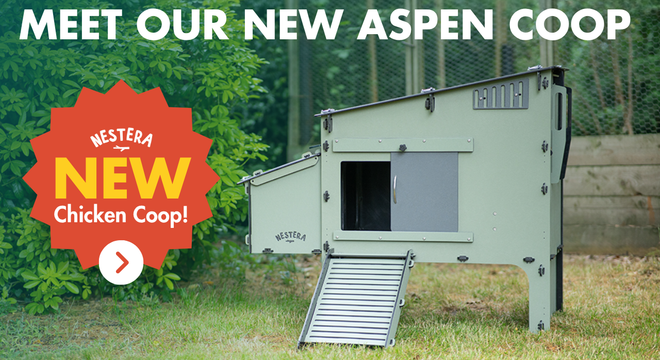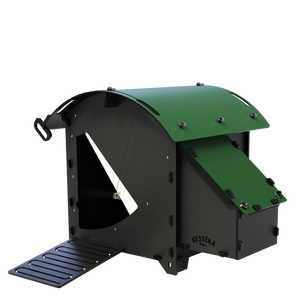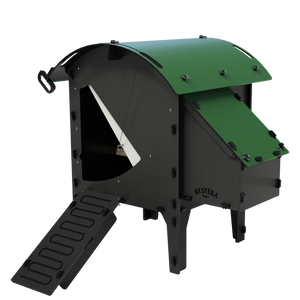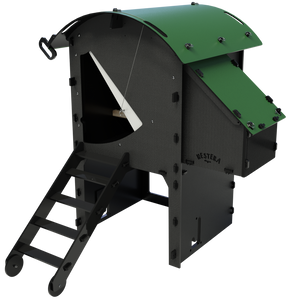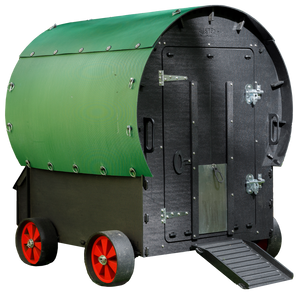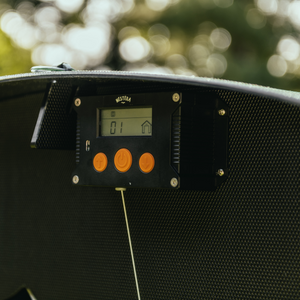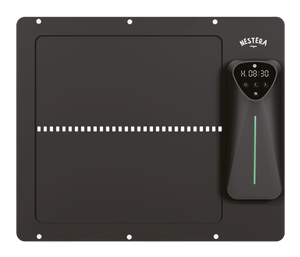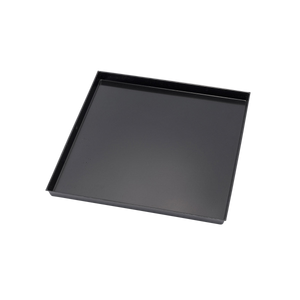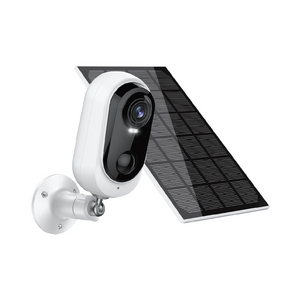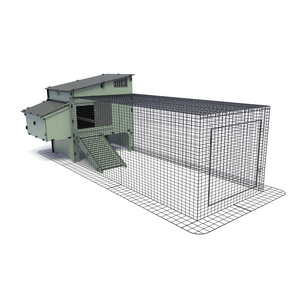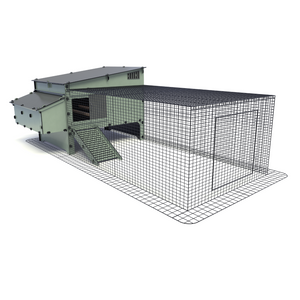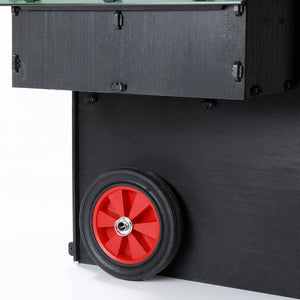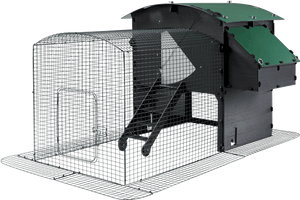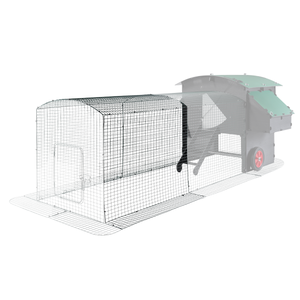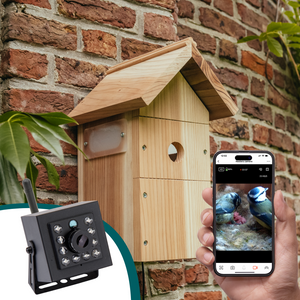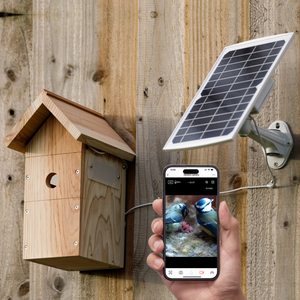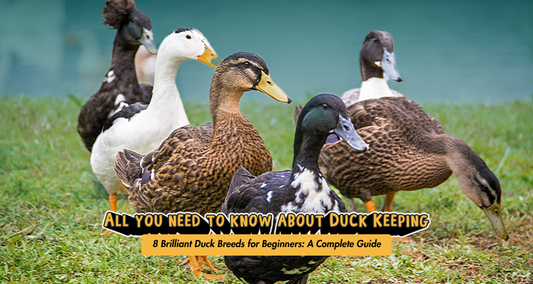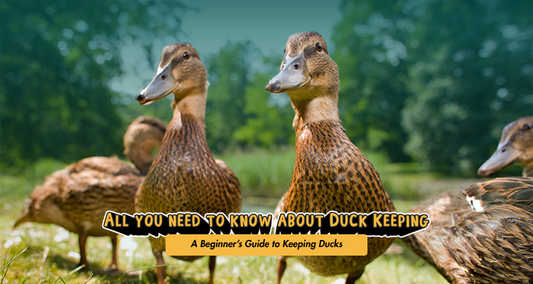Can chickens suffer from heat exhaustion? Yes, they can! Despite all modern breeds of chickens descending from the jungle fowl of Asia, their newer cousins don’t fare so well in the heat.
Hens have been selectively bred for hundreds of years to produce birds with different conformities. Show birds are bred for appearance, layers for egg productivity, and broilers for rapid growth.
Commercial chicken breeds have high metabolisms to convert feed into eggs or meat efficiently. Unfortunately, this high metabolic rate also means they generate more heat. While beneficial in winter, it causes heat stress in summer. Without sweat glands, chickens rely on panting and other behaviors to cool down.
When temperatures exceed their comfort zone of 21-24°C (70-75°F), stress occurs. Temperatures above 85°F (29°C) can lead to serious health issues, including potentially fatal heat exhaustion. Climate change is causing more frequent high temperatures, and chicken keepers must remain vigilant about their birds’ well-being.
Signs of Heat Stress and Heat Exhaustion in Chickens
- Panting and Rapid Breathing: Chickens open their beaks and breathe rapidly to cool down.
- Lethargy: Affected chickens are less active and lie down frequently.
- Drooping Wings: Chickens hold wings away from their bodies to increase air circulation.
- Decreased Appetite and Thirst: They eat less but drink more water.
-
Pale Comb and Wattles: Reduced blood circulation causes pale comb and wattles.

- Diarrhoea: Stress from heat can lead to digestive issues.
- Disorientation or Staggering: Severe heat exhaustion leads to disorientation.
- Sudden Unexplained Death: Previously healthy birds may die suddenly from heart attacks.
Preventing Heat Stress and Heat Exhaustion in Chickens
- Provide Shade: Ensure chickens have shaded areas to escape direct sunlight. Place coops under trees for deep shade.
-
Ventilation: Ensure coops are well-ventilated for airflow. Use door openers to let birds out early for maximum airflow. Removing rear panels in enclosed runs increases airflow. Manually replace panels at night to protect from predators. Raising coops provides ventilation and sanctuary.

- Fresh Water: Provide cool, clean water. Check frequently and consider extra drinkers in hot weather. Large hybrids can drink over ½ litre (1 pint) daily in hot weather.
- Electrolytes: Add electrolytes to water to maintain hydration and replace essential salts.
-
Cool Treats: Offer frozen treats like watermelon or peas. Frozen fruit or veg in water cools the water and encourages drinking.

- Misting Systems: Use misters or dampen the ground to lower ambient temperature. Avoid concrete or asphalt, which can burn feet.
- Avoid Overcrowding: Provide ample space to reduce heat buildup. Check out this blog to help you understand how big your coop should be.
Treating Heat Exhaustion
- Move to a Cooler Area: Immediately move affected chickens to a shaded, cooler area.
-
Hydration: Offer cool water and electrolytes if possible.

- Cool the chickens: Use cool (not cold) water to mist chickens or apply a damp cloth.
- Observe Closely: Monitor for improvement. If no improvement, seek veterinary care.
By implementing these strategies, you can protect your chickens from heat exhaustion and ensure their health and well-being during hot weather.
